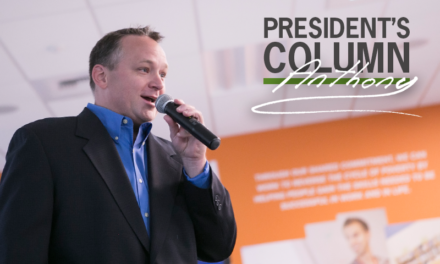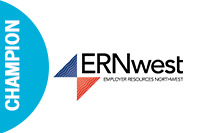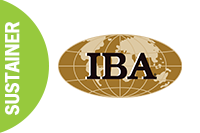by Anthony Anton, President & CEO
Your business needs your strategic thought now more than ever. In May, I started encouraging members to move from being the firefighter of your business to being the fire chief of your business.
Firefighters don’t prevent fires – they limit the negative. Everything the firefighter does only impacts the present. Examples of this include the front desk no-showed and your hotel needs to get the shift covered or the POS system just went down.
[expander_maker id=”1″ more=”Read more” less=”Read less”]
Putting out these immediate fires, while important, only patches today’s crisis. It doesn’t move your operations forward.
Everything the fire chief does impacts the performance of the department in a six-to-twelve-month window.
A fire chief spends the majority of his or her time identifying the upcoming risks and changes and finding strategic, conscious solutions that prevent the fire in the first place to lead to a better place for the organization. Examples of this include purchasing scheduling software to limit the time spent dealing with scheduling fires or preparing your business to integrate with the gig economy.
If you haven’t already, now it’s time to get in fire chief mode. Delegating your firefighting duties to team members you trust will free you up to make time for strategic planning.
For successful planning, start with the end in mind: Set a goal.
Focus on the core challenge that affects or threatens your business. At the end of the day, there truly is a singular, most-important thing to your business.
Hotels may be focused on RevPar. Restaurants may be focused on labor costs. At the Washington Hospitality Association, we’re focused on delivering wins for our industry.
What’s the one thing you’re trying to accomplish? Is it the art of the plate? Increasing the value of the property? Protecting the margin? Having enough money to put the kids through college? Creating a legacy for others to follow?
With that nailed down, figure out what success would look like and how to track it.
One of the things the industry taught me early on is that everything is measurable.
Years ago, I attended a leadership team meeting for a regional family restaurant chain. Its business goal was to decrease the time from order to food on the table. Customers didn’t want to wait half an hour for food while kids were fidgeting.
The business hired a computer programmer to work with the restaurant’s systems. Measurement was a key to success. The business tracked when people sat down at the table to when they got food. Goal times were set to reduce food arrival by five minutes. Success was realized through close tracking.
I’ve heard a similar story on the lodging side. Six months of the year at a Washington property, the occupancy rate was fantastic. The two other quarters were weak by comparison. The team sought to boost an additional quarter’s occupancy rate but not at the expense of the high-performing quarters. Ideas were collected from every department with that single goal in mind. Success was realized when everyone knew the goal they were shooting for.
Here at the Association, we are setting goals and pushing for them until we can look in the rearview mirror and say, “Of course we did that.”
It is in our industry’s nature to find solutions to problems facing guests, team members and our communities.
Having clear goals and measurements in place allows plans, actions, creativity and inspiration to flow.
Determine exactly what your target is so your plan has clarity and a chance to succeed.
Start with the end in mind. Set a singular goal this year and identify three key metrics to focus on to make it happen.
[/expander_maker]



















![[Class, May 20] ServSafe Manager, Kent](https://wahospitality.org/wp-content/uploads/2018/07/CALEND1-150x150.png)








